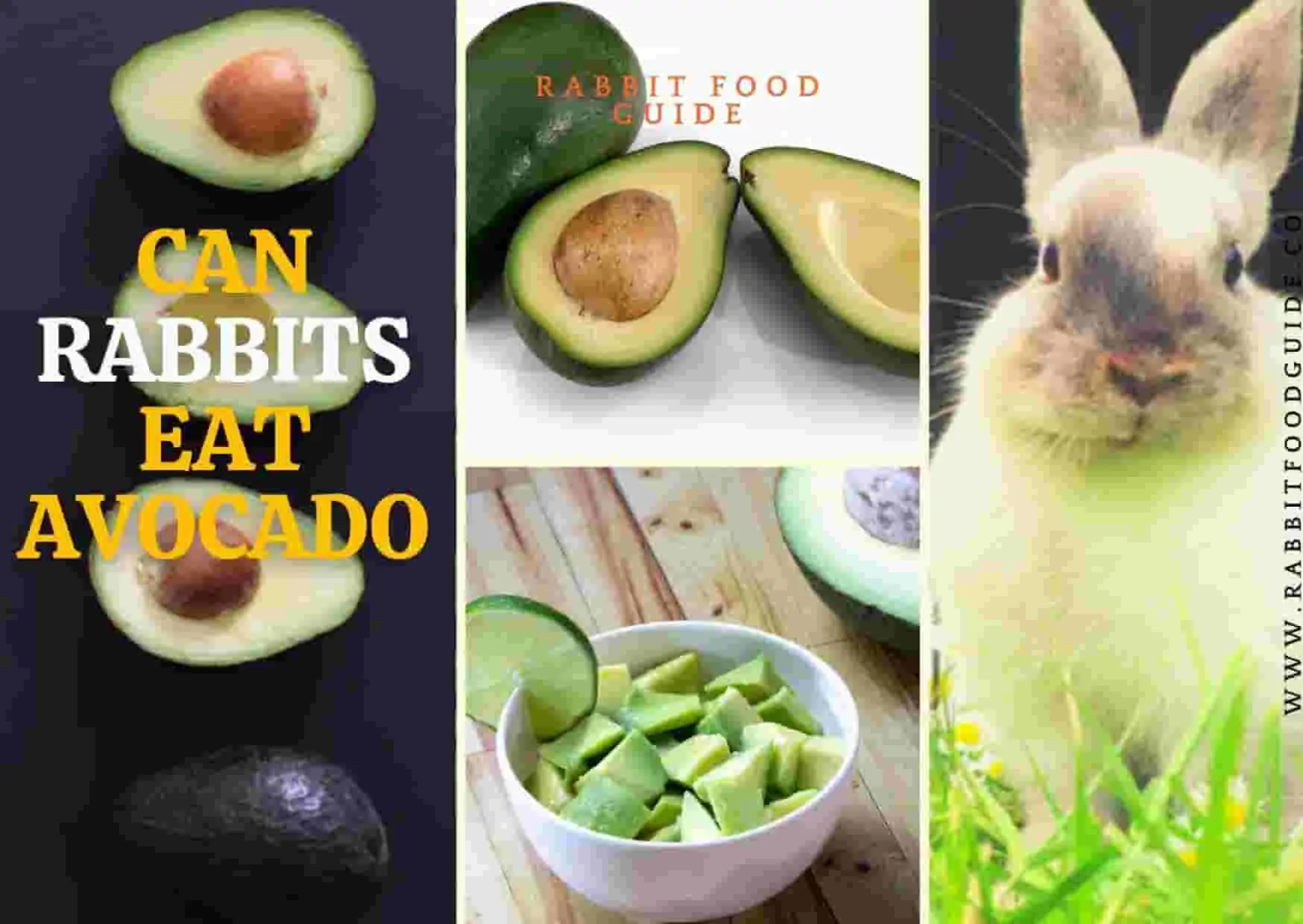Can Rabbits Have Avocado?
Rabbits are herbivores and their diet primarily consists of fresh vegetables, hay, and pellets. While it is important to provide a varied and balanced diet for your pet rabbit, not all vegetables are suitable for them. Avocado is one such food that should be avoided when it comes to feeding rabbits.

Why is Avocado Bad for Rabbits?
Avocado contains a substance called persin, which is toxic to rabbits and many other animals. Persin is primarily found in the leaves, bark, and seeds of the avocado plant, but it can also be present in the fruit. While some animals may tolerate small amounts of persin, rabbits are extremely sensitive to it and even a small quantity can be harmful or even fatal to them.
The Dangers of Avocado for Rabbits
Feeding avocado to your rabbit can lead to various health issues, including:
- Gastrointestinal problems: The consumption of avocado can cause severe digestive problems in rabbits, such as diarrhea, bloating, and abdominal pain. These issues can be extremely uncomfortable for your pet and may require veterinary intervention.
- Heart and respiratory problems: Avocados can also affect the cardiovascular and respiratory systems of rabbits. It may lead to irregular heart rhythms, difficulty breathing, and even respiratory distress.
- Kidney and liver damage: The toxic effects of persin on a rabbit’s kidneys and liver can be devastating. Avocado consumption can lead to organ failure, which can be life-threatening.
Other Foods to Avoid
Avocado is not the only food that you should not feed to your rabbit. Here are some other foods that can be harmful to them:
- Chocolate: Chocolate contains theobromine, which is toxic to rabbits and can cause various health issues.
- Caffeine: Caffeine, found in coffee, tea, and some soft drinks, can be harmful to rabbits and should be avoided.
- Onions and garlic: Onions and garlic contain compounds that can damage a rabbit’s red blood cells and lead to anemia.
- Iceberg lettuce: Iceberg lettuce has a high water content and lacks nutritional value. Feeding it to rabbits can cause diarrhea and digestive problems.
Note: It is always best to consult with a veterinarian to ensure that you are feeding your rabbit a safe and appropriate diet. They can provide you with a list of foods that are safe for rabbits and help you create a balanced meal plan for your furry friend.
Frequently Asked Questions (FAQs)
1. Can rabbits eat the flesh of an avocado?
No, rabbits should not be fed any part of an avocado, including the flesh. Avocado contains persin, a substance that is toxic to rabbits and can cause various health issues. It is best to avoid avocado altogether when it comes to feeding your rabbit.
2. What should I do if my rabbit accidentally ingests avocado?
If your rabbit accidentally ingests a small amount of avocado, monitor them closely for any signs of discomfort or illness. If you notice any abnormal behavior, gastrointestinal issues, or respiratory distress, contact your veterinarian immediately. It is always better to be safe and seek professional advice.
3. Are there any safe alternatives to avocados for rabbits?
Yes, there are plenty of safe and healthy alternatives to avocado that you can feed your rabbit. Some suitable options include leafy greens like kale, spinach, and romaine lettuce, as well as vegetables like carrots, bell peppers, and broccoli. Be sure to introduce new foods gradually and in small quantities to avoid digestive upset.
4. Can rabbits eat avocado leaves?
No, rabbits should not be fed avocado leaves or any other part of the avocado plant. Avocado leaves contain persin, which is toxic to rabbits and can cause severe health issues. It is important to keep your rabbit away from avocado plants to prevent accidental ingestion.
In conclusion, it is crucial to be mindful of what foods you feed your pet rabbit. Avocado is highly toxic to rabbits due to the presence of persin, which can lead to gastrointestinal problems, heart and respiratory issues, and kidney and liver damage. It is best to avoid avocado and other harmful foods, and consult with a veterinarian to ensure your rabbit’s diet is safe and nutritionally balanced.
Related Articles…
Copyright Notice:
This website utilizes images found online, all copyrights are retained by their original owners. If you would like an image removed, kindly contact us.